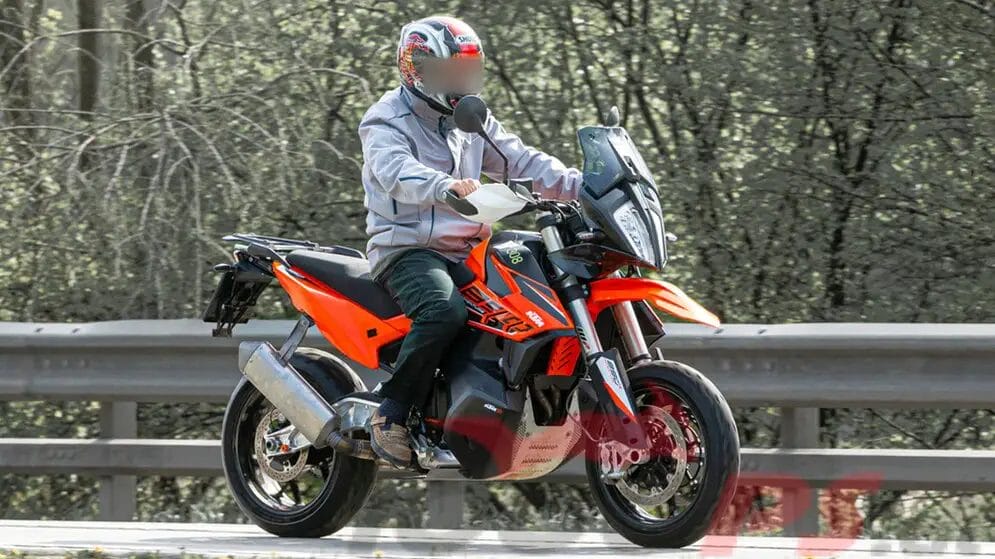It’s well known that not much is happening in the segment of supermotos with twin-cylinder engines, but to be honest, not much has happened in this segment in the past either. KTM started about 20 years ago with the 950 Supermoto, which later became the 990 Supermoto and the 990 SM R. At the same time, BMW launched the exclusive HP2 Megamoto with the R 1200 GS engine and Ducati launched the Hypermotard with the charismatic 1100cc V2. Finally, at the end of the 2000s, Aprilia joined the two with the Dorsoduro 750, which later became the larger Dorsoduro 900 and was replaced for a short time, from 2010, by the most powerful model (to date) of the supermotos, the Dorsoduro 1200, with 130 hp. However, the latter was nowhere near as maneuverable and agile as you would expect from a supermoto.
Apart from these four manufacturers, no one else seemed to want to try their luck; in any case, the Japanese were not present in the superbike segment. And even among the Europeans, there was little trend: BMW didn’t present a successor to the HP2 Megamoto, the Aprilia Dorsoduro 900 fell victim to the Euro5 standard from 2021 and the KTM 890 SM T is not a true supermoto, but a sporty supermoto tourer. Thus, the current selection of supermotos is limited to a single model, the Ducati Hypermotard 950 – and rumors are also circulating about this bike being discontinued. So Gasgas’ salvation of the segment comes at just the right time! From 2026, the supermoto segment, which had been declared extinct, could come back to life. The Austro-Spaniards want to launch something like an SM 900 on the small market led by KTM.

The components of the (presumably) new 2026 model are already being tested on public roads, under the fairing of a heavily modified KTM 890 Adventure. This is because it will probably share the slightly more powerful 889 cc version of KTM’s twin-cylinder, which is also used in the 890 Adventure and produces 105 hp. A future GasGas could also have the same power, although it’s likely to weigh much less when it’s ready to ride, as it has less equipment and a smaller tank. Other changes that are already recognizable on the initial test model include a new swingarm, which is the result of a new exhaust system. The swingarm wraps around the new exhaust manifold, which flows into a new silencer positioned lower down. The wheelbase appears longer due to the altered swingarm, but also due to a much flatter fork, which allows conclusions to be drawn about the design – although the supermoto characteristics are also recognizable here, this model is also likely to be designed for longer journeys. Whether there will actually be a new Gasgas SM 900 remains to be seen. If so, it’s probably not expected before 2026.







